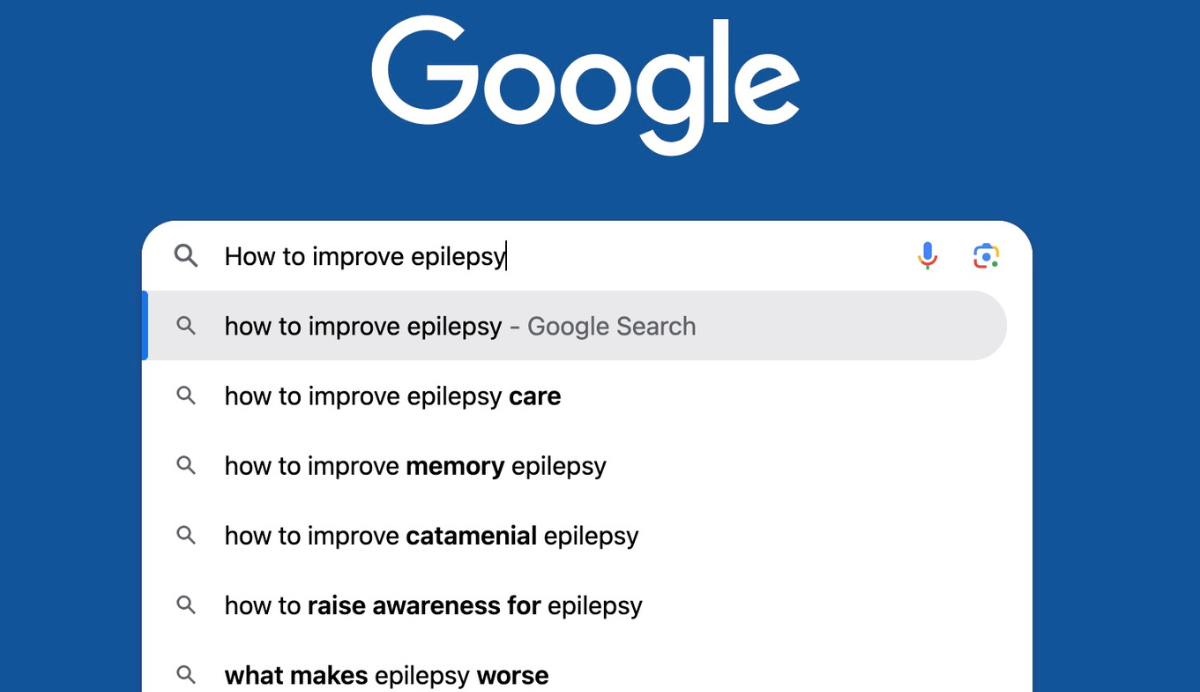I have journeyed with her through her numerous video monitoring admissions, her stereo-EEG, her ambulance episodes, and the multiple drug trials. I know the pain… the disappointments, the lack of independence, the physical and emotional wounds of epilepsy. I know the ignorance about epilepsy in the community… but most of all, I have the privilege to know the brave young woman I am proud to call my daughter.
We have been so very blessed to have met amazing doctors who actively keep researching medications and continue to look for the right medication for Sam.
With their perseverance to discover as much as they can about epilepsy, I believe one day they will find the medication that will help Sam. This is why I participated in the Australian Epilepsy Project as a control group volunteer. As Sam’s mum, I hope the genetic link of mother and daughter will contribute to finding out more about epilepsy, and through the examination and comparison of our brain images taken during the MRI scan, as part of the AEP testing. This research is so important to understanding more about epilepsy. The more information, the better the outcomes for people who are diagnosed with epilepsy. I have watched Sam go through a lot. So, for me to be able to contribute by giving some of my time to help researchers help my daughter, and help many others yet to come, is a very small price for better outcomes for all people living with epilepsy!
What would I say to encourage others to consider volunteering for the AEP?
I would encourage you to consider participating in the AEP because it is a solid, practical way to help improve the lives of so many people who have epilepsy as well as those yet to be diagnosed. In a time poor society, it’s easy to just donate a sum of money and feel you’ve ‘done your bit’. What people don’t realise is that you can’t improve ANYTHING if you haven’t got knowledge! Knowledge, through the collection of lived experience, and data from MRI and neuropsychology testing of both epilepsy patients and a control group, does require a commitment of time but there is no greater gift that anyone could give than this! The information base this would give researchers is critical to improve future outcomes for people living with epilepsy. Epilepsy is indiscriminate. When it affects someone you love, donating your time to participate in the AEP is a privilege, not a chore.
-2.jpg)
AEP Keynotes at AWS Summit Sydney Innovation Day

AEP hailed as an exemplar for transforming lives


